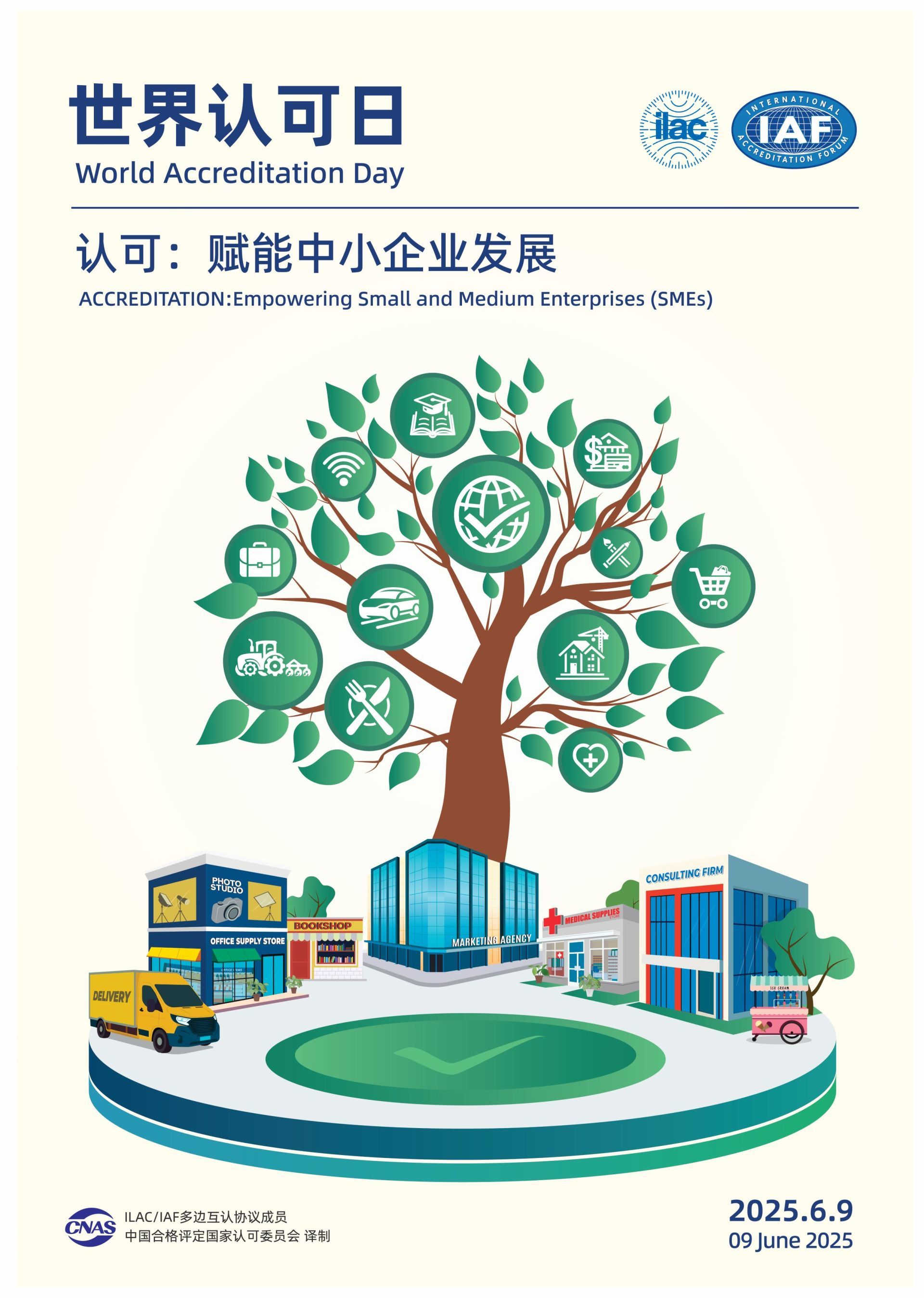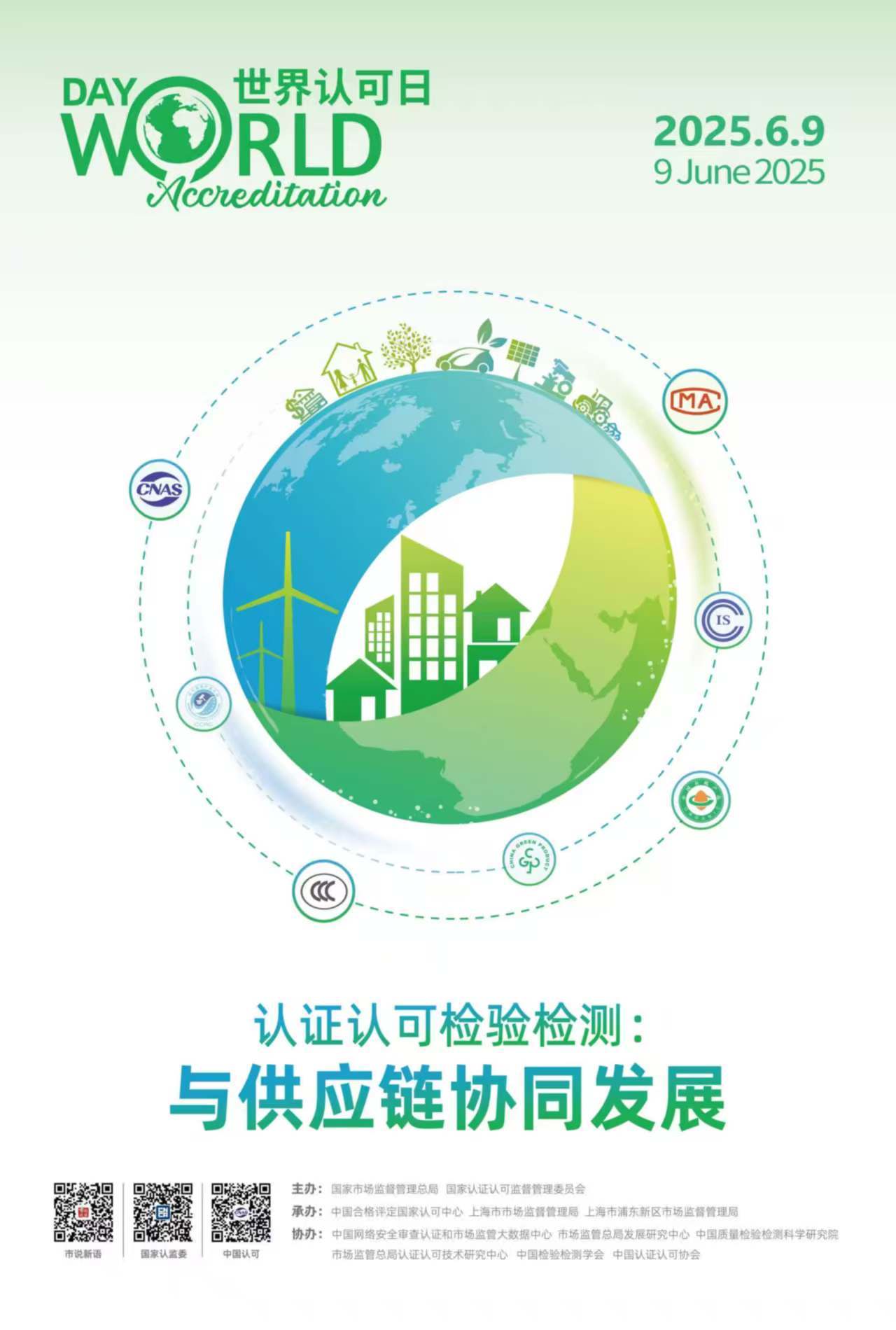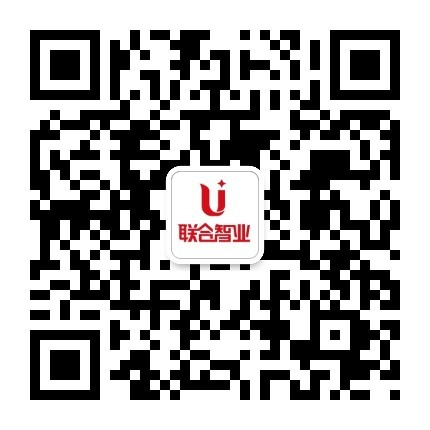World Recognition Day: Empowering Trust, Building a Quality Future Together
Release Date:
2025-06-09 13:07
Source:
On June 9, 2025, we welcomed the 18th World Accreditation Day. This global event, jointly initiated by the International Accreditation Forum (IAF) and the International Laboratory Accreditation Cooperation (ILAC), has developed since its establishment in 2007 into an industry focus widely participated in by more than 100 countries and regions worldwide. Its core lies in promoting the widespread application of certification, accreditation, inspection, and testing globally, building a trust foundation for international trade and quality safety.
Certification, accreditation, inspection, and testing are by no means simple technical means; they are the core pillars of the National Quality Infrastructure (NQI) and play key roles in multiple aspects:
Quality Management Lever Provides systematic solutions for enterprises to establish scientific management systems and improve product and service quality.
Key to Trade Facilitation Breaks technical barriers, achieves "one certificate, global acceptance," and reduces trade costs.
Powerful Tool for Market Regulation Provides scientific basis for government regulation, ensuring market fairness and consumer rights.
Driver of Sustainable Development Supports key areas such as green low-carbon, safe production, and social responsibility, promoting industrial transformation and upgrading.
With the deep implementation of the "Quality Power" strategy, certification, accreditation, inspection, and testing have become indispensable key forces driving high-quality development. China's annual "World Accreditation Day" theme activities closely align with national development needs, gathering government, industry, and society participation through exchanges, case sharing, and public experiences to promote best practices. Its influence has extended from domestic to international, becoming an international event brand with Chinese characteristics.

The international theme for World Accreditation Day 2025 is "Accreditation: Empowering the Development of SMEs." Small and medium-sized enterprises (SMEs) are the lifeblood of the global economy, accounting for 95% of all enterprises, contributing 60%-70% of employment, and generating 40% of national income in emerging markets. However, they often face market access barriers and high compliance costs. Certification and accreditation are key to breaking through for SMEs' international development.
Obtaining internationally trusted credentials, such as ISO 9001 (Quality Management) and ISO 14001 (Environmental Management) certifications, serves as an "international passport" proving enterprise compliance, capability, and reliability. Relying on ILAC/IAF global mutual recognition agreements, SMEs can efficiently enter markets of 96% of the world's economies with accredited certificates and fairly participate in international competition. The certification process helps enterprises optimize management, improve efficiency, control risks, and enhance credibility. It is an accelerator for sustainable development, directly supporting the United Nations Sustainable Development Goals (SDGs) 8 (Decent Work and Economic Growth) and 9 (Industry, Innovation, and Infrastructure).

The domestic theme for World Accreditation Day is "Certification, Accreditation, Inspection, and Testing: Collaborative Development with the Supply Chain." The State Administration for Market Regulation (SAMR) emphasizes the core collaborative value of certification, accreditation, inspection, and testing in building resilient, efficient, and sustainable supply chains:
Upgrade from Points to Chains Certification, accreditation, inspection, and testing have evolved from quality control tools for single links to the "conductor" throughout the entire supply chain lifecycle (covering raw materials → production → logistics → sales).
Responding to Global Challenges Through cross-border mutual recognition (such as CNAS signing IAF/ILAC agreements), significantly reducing duplicate audits and certifications, greatly lowering enterprise compliance costs, and improving supply chain efficiency and resilience.
Empowering Collaborative Practices Green certification drives the construction of low-carbon supply chains (such as green factory/product certification); food safety testing ensures safety in circulation links and builds consumer trust.
The international and domestic themes form a perfect global-local resonance
International: Focus on the foundation — Empower SMEs, activating the basic units of the global economy.
Domestic: Strengthen collaboration — Deepen supply chain integration, solving industrial cooperation challenges.
Delivering trust and serving development is our shared mission and responsibility. Taking World Accreditation Day as a new starting point, building bridges of trust through accreditation, and forging the foundation of development with quality! Creating certification value, empowering enterprise growth, collaborating on supply chain innovation, and contributing to the high-quality development of the certification industry.
Related News
Based on the strategic plan proposed by the headquarters, United Zhiye takes the upgrade of its product system as a key driver to build a three-tiered business structure—comprising “zero-carbon factory solutions + carbon-related products + integrated comprehensive services”—and thereby develop end-to-end service capabilities. The original enterprise’s integrated approach to low-carbon development has been upgraded to an integrated approach to zero-carbon development, which we regard as a milestone event. While the zero-carbon factory business focuses on deepening engagement in the manufacturing sector, the integrated approach to zero-carbon enterprise development transcends industry boundaries, extending its reach to the service sector and thus covering a broader scope of services.
Recently, the Ministry of Industry and Information Technology issued the latest revised "Administrative Measures for the Tiered Cultivation of High-Quality Small and Medium-Sized Enterprises" (hereinafter referred to as the "Measures"), which have expanded the scope of cultivation by including technology-based SMEs in the tiered cultivation system for the first time. In the future, the tiered system for high-quality SMEs will encompass technology- and innovation-driven SMEs, specialized, refined, distinctive, and innovative SMEs, and "Little Giant" enterprises that are specialized, refined, distinctive, and innovative. The "Measures" will take effect from April 1, 2026.
Recently, five departments—the Ministry of Industry and Information Technology, the National Development and Reform Commission, the Ministry of Ecology and Environment, the State-owned Assets Supervision and Administration Commission of the State Council, and the National Energy Administration—jointly issued the "Guiding Opinions on Promoting the Construction of Zero-Carbon Factories" (MIIT Joint [2026] No. 13, hereinafter referred to as the "Guiding Opinions"). These opinions aim to tap deeply into the potential for energy conservation and carbon reduction in the industrial and information technology sectors, drive carbon reduction and efficiency improvements in key industries, promote a green and low-carbon transformation, and foster the development of new-quality productive forces.
This standardization effort will provide an in-depth interpretation of the new version of the rules and systematically analyze the significant changes and implementation requirements of the new rules in areas such as audit procedures, responsibilities of top management, evidence management, and risk control.
Understand at a Glance | Guangdong Province’s Zero-Carbon Park Development Plan
Recently, the Guangdong Provincial Development and Reform Commission, the Guangdong Provincial Department of Industry and Information Technology, the Guangdong Provincial Department of Ecology and Environment, and the Guangdong Provincial Energy Administration jointly issued the "Guangdong Province Zero-Carbon Park Construction Plan."
Related Downloads
Related News
undefined


